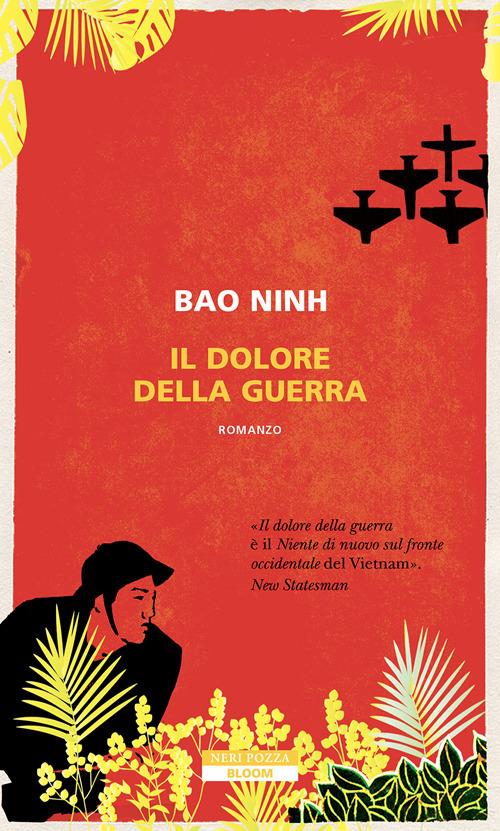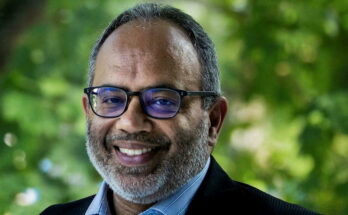“From the first page, his novel has abandoned the linearity of the traditional story, has scrambled times and places that defy any logic, letting the characters take the most unexpected directions. It seems that the author has taken it upon himself to reveal the true reality of the war, tearing the stereotypical image of it to pieces. Chapter after chapter, he writes about the war in a very personal way, as if it were his war and his own profession (…) as a writer had dragged him to the brink of destruction. His existence, without the possibility of exception, is an escape, a miracle. He must face this challenge alone, this is his final duty as a soldier.”
The pain of warby Bao Ninh (translation by Carlo Prosperi; Neri Pozza Editore), is not a war novel in the sense of epic or celebration; This is an intimate account from inside the broken soul of Private Kien, one of ten survivors of a battalion of five hundred North Vietnamese soldiers. Originally published in Vietnamese in 1991, the work of Bao Ninh, himself a Vietnam People’s Army veteran, disrupted the official narrative in Hanoi, offering a raw, universal, and highly non-ideological perspective on the conflict.
Writers, who struggle from 1969 until the fall of Saigon in 1975gives Kien a voice that seeks neither honor nor the rhetoric of communist victory, but simply catharsis. His style, fragmentary and non-linear, imitates the tortured stream of consciousness of a man who, after peace, returns to live in Hanoi but cannot leave the forests of the central highlands. The reader is dropped into a temporal maze where Kien’s presence, marked by alcoholism and desperate attempts to write his lost manuscript, is confused with flashbacks of the war years and rare, heartbreaking memories of his innocence and lost love for Phuong.
The book destroys the image of the North Vietnamese army as indestructible “red ants.” and purely ideological. Kien and his comrades are depicted as ragged, starving, and frightened survivors, engaged in a battle not for communism, but for the most basic survival. This approach was in stark contrast to the Hanoi government’s postwar propaganda. After the war, Kien undertook the harrowing task of recuperating who fell in the Forest of Screaming Souls. This task, historically performed by many veterans, becomes the book’s central allegory: the attempt to bring peace not only to the bodies, but also to the souls of the martyrs of the sacrificed generation, an obsession that does not allow Kien to differentiate between the dead and the living.
“Often, in the middle of a busy street, in broad daylight, I would suddenly get lost in reverie. Smelling the smell of rotting flesh, I would see myself crossing Hamburger Hill, a hill strewn with corpses after the bloody battle of ’72. The smell of death was so strong that I had to stop in the middle of the sidewalk and cover my nose, while shocked and suspicious people passed me by, avoiding my gaze. Crazy.”
The broken ties with Phuong symbolize everything that was destroyed by the Vietnam War (or the American War, as the Vietnamese called it): youth, the future, and the possibility of a normal life. Memories of the bombing of Thanh Hoa or the desperate march towards Cambodia are not just action scenes, but moments of emotional reporting, depicted in lyrical yet brutal prose, made of mud, rain and blood. Bao Ninh’s style is her strongest statement. There narrative fragmentation, the lack of chapter numbers and frenzied switching between present and past are not literary devices, but the prose equivalent of Post Traumatic Stress Disorder.
The pain of war it is a true masterpiece about writing, youth, love and war, a fundamental text because, although born of the “victorious” side of the conflict, it explores moral defeat and inconsolable grief. This is the story of a generation that, despite raising the flag on the rooftops of Saigon, lost its way along the Way Ho Chi Minh. This is a book that neither condones nor condemns, but testifies with disarming honesty that, in war, pain is the only universal and persistent truth.




